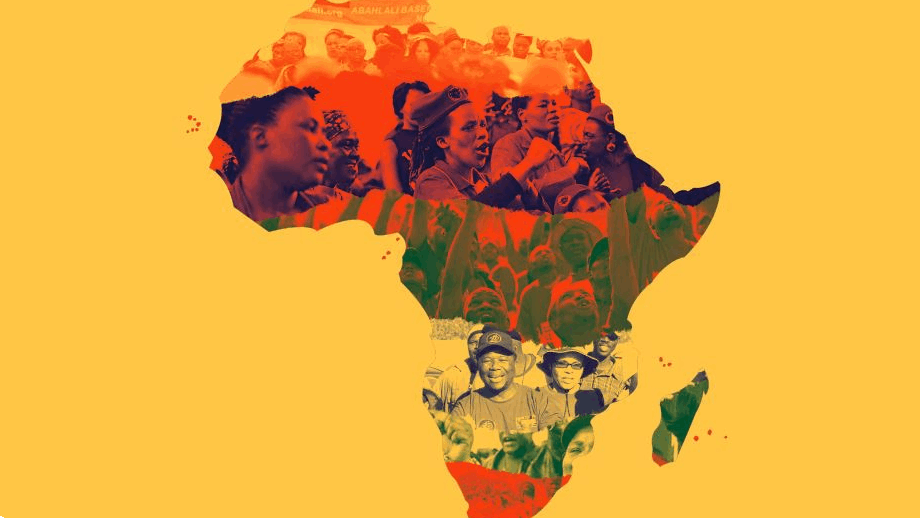
Historically speaking, there exists a potent socio-political ideology that has served as a source of hope and unity for African peoples worldwide. Known as Pan-Africanism, this movement emerged in the late 19th and early 20th centuries, spurred by the oppressive forces of colonialism and the enduring legacy of the transatlantic slave trade.
At its heart, Pan-Africanism is a testament to the resilience and solidarity of African communities in the face of adversity. It arose as a response to the systematic subjugation and exploitation of African peoples by colonial powers, who sought to impose their dominance and strip away the dignity and autonomy of indigenous cultures.
One of the pivotal moments in the history of Pan-Africanism came with the coining of the term itself. In 1900, Trinidadian lawyer Henry Sylvester Williams gave voice to the collective aspirations of Africans and people of African descent by articulating the concept of Pan-Africanism. This term encapsulated the idea of unity among African peoples, transcending geographical boundaries and embracing a shared heritage and destiny.
From its inception, Pan-Africanism has been a multifaceted movement, encompassing diverse perspectives, strategies, and objectives. It has found expression in political activism, cultural revitalization, economic empowerment, and social justice advocacy, reflecting the multifaceted nature of the African experience.
Throughout history, Pan-Africanism has been championed by visionary leaders and intellectuals who have dedicated their lives to the pursuit of liberation and empowerment for African peoples. Figures such as Marcus Garvey, W.E.B. Du Bois, Kwame Nkrumah, and Frantz Fanon played pivotal roles in shaping the course of the movement, inspiring generations to come with their vision of a united and prosperous Africa.
At its core, Pan-Africanism represents a call to action—a call to reclaim agency, dignity, and self-determination in the face of historical injustices. It is a testament to the enduring spirit of resilience and resistance that defines the African experience, transcending borders and generations to forge a brighter future for all who call Africa home.
As we reflect on the legacy of Pan-Africanism, let us honor the courage and conviction of those who came before us, and let us reaffirm our commitment to the ideals of unity, solidarity, and justice that lie at the heart of this enduring movement. In a world marked by division and inequality, Pan-Africanism stands as a powerful reminder of the transformative potential of collective action and the boundless possibilities that arise when we stand together as one.
